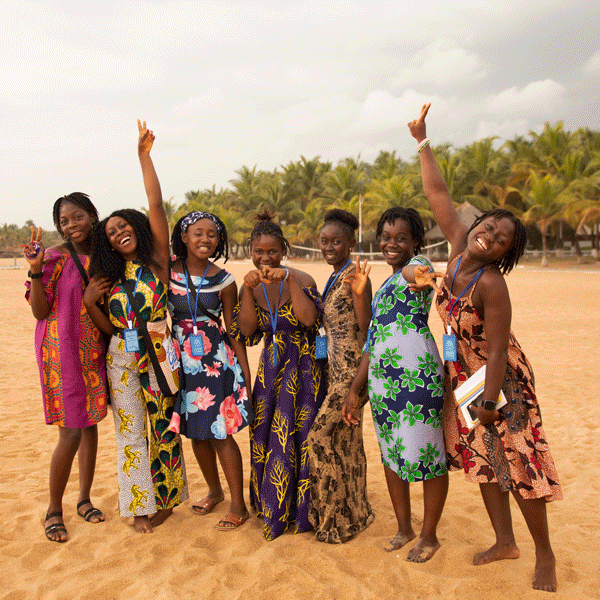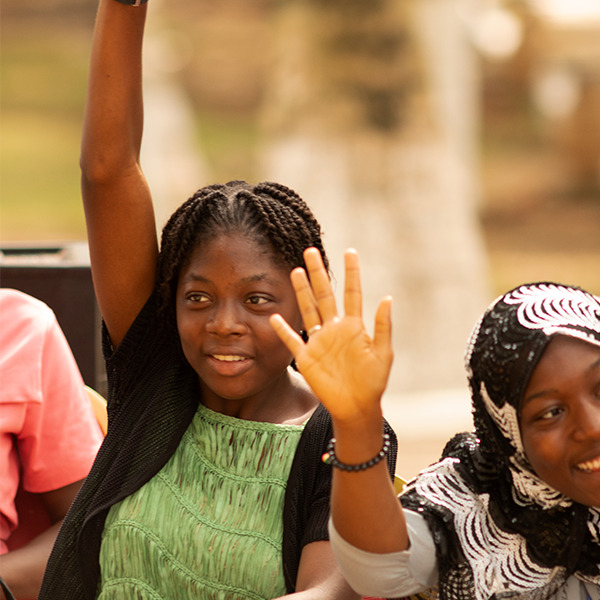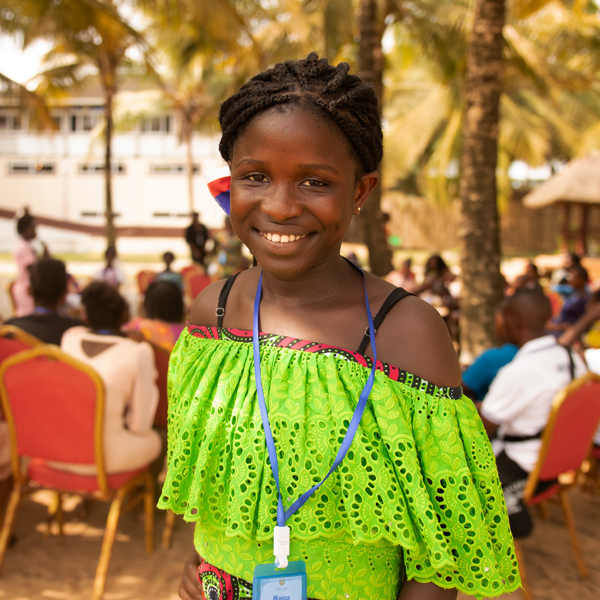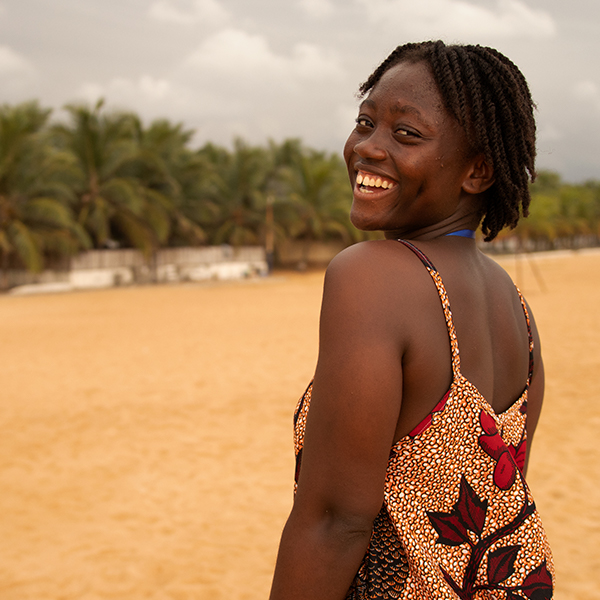Editor’s note: This blog post was compiled by Favour Unoh, 17, a member of the Adolescent Influencers Movement from Nigeria, and Amé Atsu David, Regional Co-Director for Africa at Global Fund for Children.
Ahead of the second edition of the West Africa Adolescent Girls Summit (AGS), scheduled to take place from March 26-29, 2024, in Monrovia, Liberia, adolescents and youth aged 13-25 are boldly stepping forward to challenge societal taboos surrounding sexuality. They are sending messages to parents and other stakeholders that the taboos and the lack of comprehensive sexuality education are putting them at risk of unwanted pregnancies, sexually transmitted infections, and harmful traditional practices. This blog post highlights the profound insights shared by this dynamic group regarding their experiences with accessing comprehensive sexuality education.
Obiorah Ruth Awele, 16, Nigeria
“Most parents do not give their children the proper information about sex education, thereby making them take wrong decisions and believe myths about sex such as that when you’re on your menstruation and you talk to a man, you can become pregnant.”
Favour Unoh, 18, Nigeria
“Growing up, the only thing I knew about sexual education was that a boy is never allowed to touch me, or else I’ll get pregnant. Even in school, it felt like it was very abominable to talk about sex. I got a little knowledge on sexuality from church and read more about it while growing up. The lack of information was one of the reasons why boys teased girls for menstruating. When a girl is menstruating, she is very embarrassed to say a word about it to anyone. It was always annoying until I realized that these boys are not even to be blamed; no one told them anything about it.”
Fakanbi Ogeoluwa, 19, Nigeria
“In one of the schools I attended, they refused to teach on sexual education as they saw it as a sin. Some parents suggested it to the school that it should be introduced, but it was rejected. I feel pity for the younger students who are groomed under such beliefs.”
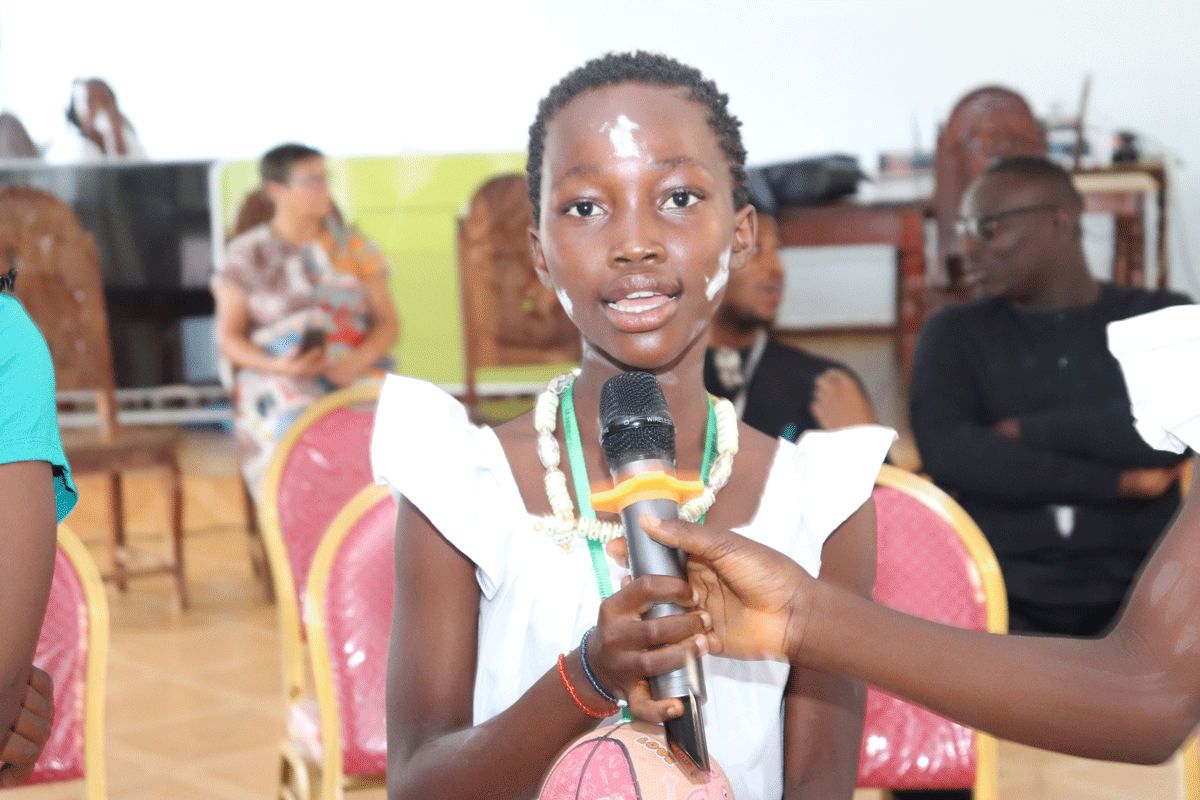
Jonathan Kargbo, 20, Sierra Leone
“Most people were not taught comprehensive sexuality education and that has led them to make the wrong decisions in terms of sexual activities. A lack of knowledge on comprehensive sexuality education has led them to have a lack of information about their body parts and about when and how to be sexually active.”
Akindele Cherish, 23, Nigeria
“This issue has caused a lot of unwanted pregnancies and sexually transmitted infections. I can even say many adolescents and young people don’t even know anything about sexually transmitted infections, what to do about it, etc. Not only that, most girls and young women can’t even talk to their mothers about anything they feel when menstruating apart from the cramps.”
Abubakarr Kabba, 16, Sierra Leone
“It is considered as a taboo in our various societies to discuss sexuality education. Especially in the religious context, they view sexuality as a private and sensitive matter, and some people may feel uncomfortable and embarrassed to talk about sex and sexuality education for the fear of being judged as someone with immoral conduct.”
“The society has that perspective that discussing about sexuality education can influence negative outcomes such as promiscuity. But sexuality education is essential, and people should stop viewing it as taboo. Even in some schools, teachers will skip the topic and it won’t be taught.”
Khalida Tamu, 19, Sierra Leone
“We can’t blame our parents because what they believe is based on the type of education they had and the way they were brought up, coupled with some other factors. For them, they think the best way they can advise their kids is to practice abstinence, which is why it is and should be our duty to take it upon ourselves to sensitize them and as well change the narrative for our own kids in the future and generations to come.”
Mabinty Koroma, 23, Sierra Leone
“For me while I was growing up, my grandmother always told me to stay away from boys because they will ruin your life without giving me reasons why I should do that. Growing up, I found it hard to communicate freely or build a relationship with boys.”
Blessing Samuel, 25, Nigeria
“Due to the ignorance of some parents, many boys and girls are really leading life full of regrets. Growing up, I was lucky to be surrounded by older female siblings and parents who were able to teach me everything I needed to know on sexual health. It will be a big privilege for me to teach others whose parents failed to teach them, or who haven’t gotten the opportunity to learn.”
By sharing their experiences, adolescents and youth seek to reclaim agency over their sexual and reproductive health and rights journey, advocating for an inclusive, informative, and rights-based approach that caters to their specific needs and concerns. They anticipate thorough conversations about comprehensive sexuality education during the summit, which is a crucial step towards addressing the gaps and implementing meaningful changes in educational curricula and societal perceptions.
Header photo: Participants at the Adolescent Girls Summit for French-speaking youth. © GFC
